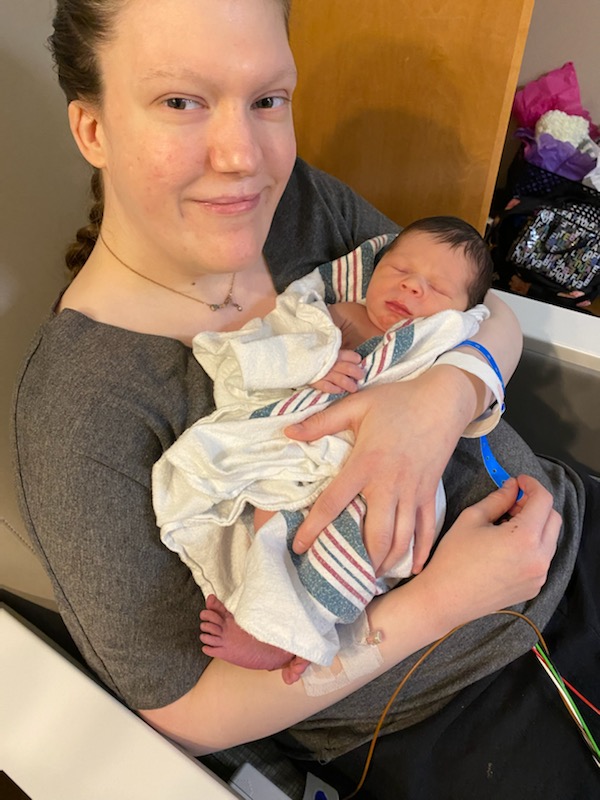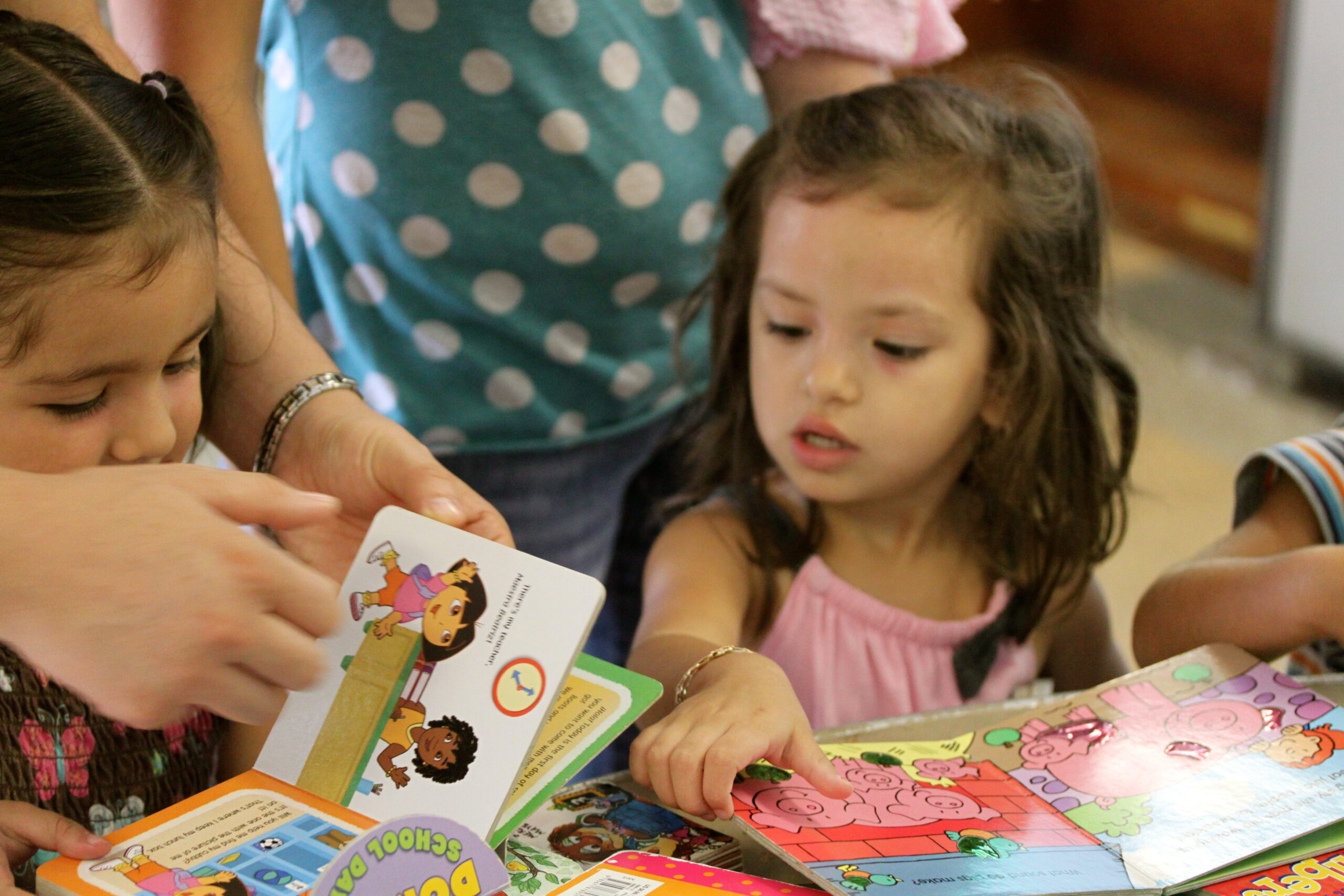The MIHOW program has shown impact in four out of six benchmark areas prioritized by the Health Resources and Services Administration's Maternal and Child Health Bureau. In the areas of maternal and newborn health, child injuries and ED visits, school readiness and achievement, and coordination and referrals, the program had positive outcomes such as longer breastfeeding, less parental stress, increased back-sleeping for infants, increased reading to children, and increased referrals and receipt of services. MIHOW has not assessed performance indicators in the areas of crime or domestic violence, and family economic self-sufficiency. Further information regarding the outcomes and how they were measured can be found in the publications listed below.
Case Study
The Maternal Infant Health Outreach Worker Program (MIHOW) in Wheeling, West Virginia, was invited to participate in case studies to examine facilitators and barriers of coordination. In the case study, MIHOW serves a suburban community through a "parent-to-parent" asset-building approach. They use strong state and community partnerships, personal connections with local agencies, service adaptation to meet population needs, and monitoring and quality improvement as key strategies to support service coordination. These strategies have helped them effectively address family-identified needs, particularly in the face of high rates of opioid use in the community.
Publications


The MIHOW philosophy is organizing and serving the community from the inside out, that is, using local people."